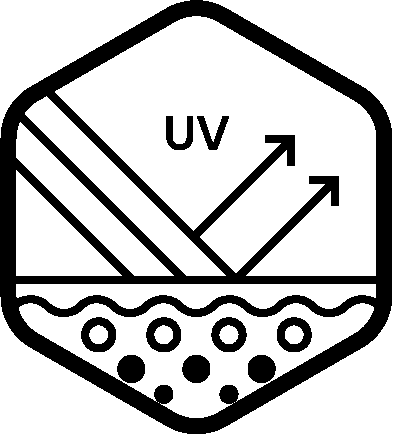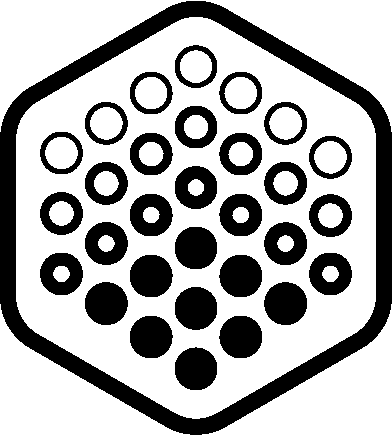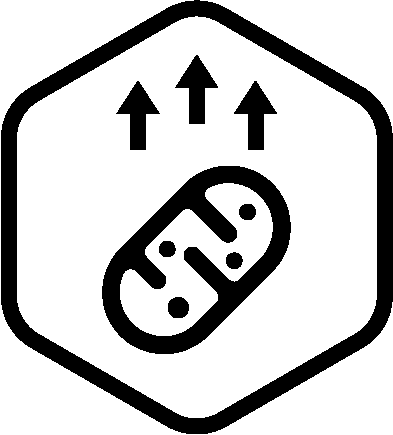Publication Date:
2017-12-01
Institutions involved:
- School of Medicine, University of Western Australia
- Royal Perth Hospital, Perth, WA
- Edith Cowan University, School of Medical and Health Sciences, Perth, WA
- Curtin University, School of Biomedical Sciences & Curtin Health Innovation Research Institute, Perth, WA
- Victor Chang Cardiac Research Institute, Vascular Biology Division, Sydney, NSW
- University of New South Wales, Sydney, NSW
- Flinders University of South Australia, Centre for Epidemiology and Biostatistics, Adelaide, SA
- University of Western Australia, School of Molecular Sciences and the School of Agriculture and Environment
- The UWA Institute of Agriculture
- Department of Primary Industries and Regional Development, Irrigated Agriculture Division, South Perth, WA
Participants:
30 participants completed the study - 10 men, 20 women, with at least one cardiovascular risk factor
Duration:
Study conducted from February to November, 2015
Dosage:
High-Flavonoid Apple (HFA) Intervention, Low-Flavonoid Apple (LFA) control, treatments administered twice daily, supervised, compliance (~98.9%)
Learn more
Try Apple Poly Now
Key Takeaways:
The power’s in the peel—only apples with their skins showed heart-healthy effects. Two apples a day—with skin—boosted vascular function in just four weeks.
Endothelial function improved significantly after both acute and chronic ingestion of high-flavonoid apples, as measured by Flow Mediated Dilation (FMD).
“An improvement in vascular function was only seen after the high-flavonoid apple treatment... attributable to the high concentration of flavonoids found in apple skin.”
Apple Poly Summary:
Why is this study important? This study delivers robust clinical evidence that consuming apples with their skins- rich in flavonoids- can improve vascular function in individuals at risk for cardiovascular disease. By demonstrating both acute and sustained benefits on endothelial health, it elevates apple skin from a dietary footnote to a frontline player in heart health strategies.
In Plain English: Eating apples with the skin helped people’s blood vessels work better- within just two hours and again after four weeks. This didn’t happen with peeled apples. The study suggests that the nutrients in apple skin, especially plant compounds called flavonoids, might be part of what makes apples good for your heart.
For Medical Professionals: In a double-blind crossover RCT (n=30), consumption of a high-flavonoid apple intervention (whole apple + skin of second apple) significantly improved flow-mediated dilation acutely (+0.8%, p < 0.001) and after 4 weeks (+0.5%, p < 0.001) relative to a low-flavonoid apple flesh-only control. Plasma quercetin and isorhamnetin levels increased significantly after HFA. No changes were seen in BP, lipids, NO₃⁻/NO₂⁻, F2-isoprostanes, or Hmox-1 markers. The results reinforce the vascular benefits of whole-food polyphenols, particularly from apple skin, in early cardiometabolic risk populations.
Abstract:
Scope: The cardioprotective effects of apples are primarily attributed to flavonoids, found predominantly in the skin. This study aimed to determine if acute and/or chronic (4 weeks) ingestion of flavonoid-rich apples improves endothelial function, blood pressure (BP) and arterial stiffness in individuals at risk for CVD.
Methods and results: In this randomised, controlled cross-over trial, acute and 4 week intake of apple with skin (high flavonoid apple, HFA) was compared to intake of apple flesh only (low flavonoid apple, LFA) in 30 participants. The primary outcome was endothelial function assessed using flow mediated dilation (FMD) of the brachial artery, while main secondary outcomes were 24 h ambulatory BP and arterial stiffness. Other outcomes included fasting serum glucose and lipoprotein profile, plasma haem oxygenase-1 (Hmox-1), F2-isoprostanes, flavonoid metabolites, and plasma and salivary nitrate (NO3-) and nitrite (NO2-) concentrations. Compared to LFA control, the HFA resulted in a significant increase in FMD acutely (0.8%, p<0.001) and after 4 weeks chronic intake (0.5%,p<0.001), and in plasma flavonoid metabolites (p<0.0001). Other outcomes were not altered significantly.
Conclusion: A lower risk of CVD with higher apple consumption could be mediated by the beneficial effect of apple skin on endothelial function, both acutely and chronically.
Bondonno, Nicola P., et al. Flavonoid-Rich Apple Improves Endothelial Function in Individuals at Risk for Cardiovascular Disease: A Randomized Controlled Clinical Trial. Molecular Nutrition & Food Research, vol. 62, no. 3, 2018, p. 1700674. Wiley, https://doi.org/10.1002/mnfr.201700674.

















